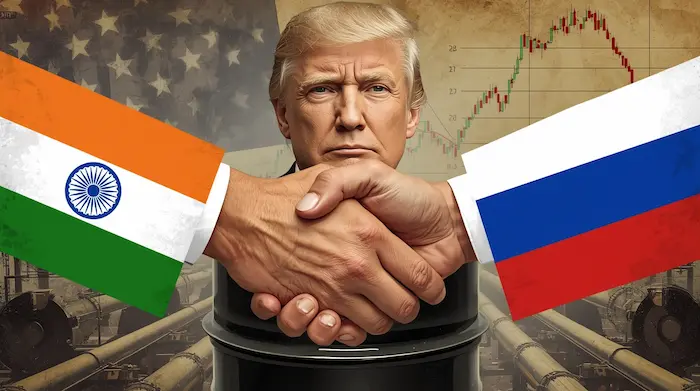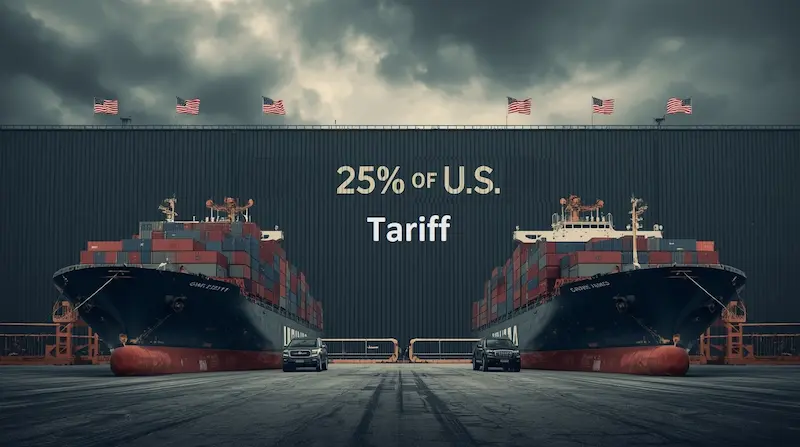🎯 The Hook (Introduction)
As the global oil map reshapes post the Ukraine crisis, India finds itself at a pivotal crossroads.
Despite mounting U.S. pressure, India — the world’s third-largest oil consumer — continues to buy discounted Russian crude. But why is New Delhi defying global expectations?
Is this defiance… or simply national interest?
This article dives deep into the economics, strategy, and diplomatic calculations behind India’s oil imports — and what this bold stance means for the nation’s future and the world order.
🌍 The Background: U.S. Pressure, Sanctions & Global Expectations
Since the Ukraine war began, Western powers have imposed sweeping sanctions on Russia, especially targeting its oil exports.
The U.S. expected key allies — including India — to follow suit. Yet:
✅ India increased Russian oil imports by 1100% since 2022
✅ It became Russia’s largest oil buyer, surpassing even China
✅ Trade continues via Indian Rupees and UAE Dirhams, bypassing dollar-linked channels
India’s response? Pragmatic sovereignty — not rebellion.
💰 Why India Continues Buying Russian Oil
1. 🛢️ Massive Cost Savings
- Russian crude (Urals grade) is sold at $12–$20/barrel cheaper than Brent.
- India saves billions in energy import bills.
2. 🧮 Inflation Management
- Cheap oil helps:
- Control fuel prices at the pump
- Lower input costs across logistics, agriculture, and manufacturing
- Keep inflation under RBI’s targets
3. 🔋 National Energy Security
- India imports over 85% of its oil.
- Losing a stable supplier like Russia would risk energy shortages and price spikes.
4. ⚖️ No Legal Violation
- India’s trade doesn’t breach any UN-mandated sanctions.
- It’s legal, ethical, and aligned with its sovereign policies.
🧭 Strategic Autonomy: India’s Geopolitical Doctrine
India’s foreign policy isn’t about picking sides — it’s about prioritizing citizens’ welfare.
PM Modi and External Affairs Minister Dr. S. Jaishankar have been clear:
“India will buy oil wherever it benefits Indian citizens. That’s our moral duty.”
India believes in multi-alignment, not isolation or dependence — a strategy gaining global respect.
🇺🇸 U.S. Response: More Concern Than Consequences
While Washington has expressed concern, there are no penalties or sanctions on India.
Why?
- The U.S. needs India’s partnership in:
- QUAD
- Indo-Pacific strategy
- Countering China in Asia
India’s balancing act is working — assertive, but non-provocative.
🧠 The Real Message: India Prioritizes Stability, Not Sides
India continues to diversify:
- Buys oil from Iraq, UAE, Saudi Arabia — and even the U.S.
- Russian oil is a temporary strategic tool, not a long-term alignment.
This isn’t about Russia vs. the U.S.
This is about India First.
📌 Frequently Asked Questions (FAQs)
❓ Why is India still buying oil from Russia?
Because it’s cheap, legal, and helps India maintain inflation and energy security.
❓ Is India violating international sanctions?
No. India is not violating any UN rules. It trades via legal frameworks using INR and AED.
❓ Why hasn’t the U.S. sanctioned India?
Because India is critical in QUAD, Indo-Pacific security, and global trade balance. Washington prefers diplomacy over disruption.
❓ Will India stop Russian oil imports in the future?
Possibly. But only if other suppliers match Russia on price, reliability, and geopolitical alignment.
❓ What’s the global perception of India’s stance?
India is increasingly seen as a strategically autonomous power — respected for pragmatism and national interest.
🧾 Summary
India’s continued oil imports from Russia are not just an economic decision — they are a bold geopolitical move.
- ✅ Discounted crude = economic cushion
- ✅ No legal breach = sovereign decision
- ✅ Independent foreign policy = national interest first
As global power structures shift, India is playing the long game — with calm calculation, not confrontation.
✅ Presented by Newsimpart Team – Sharing trusted knowledge, News, helpful insights and trending updates. Your trusted source…









